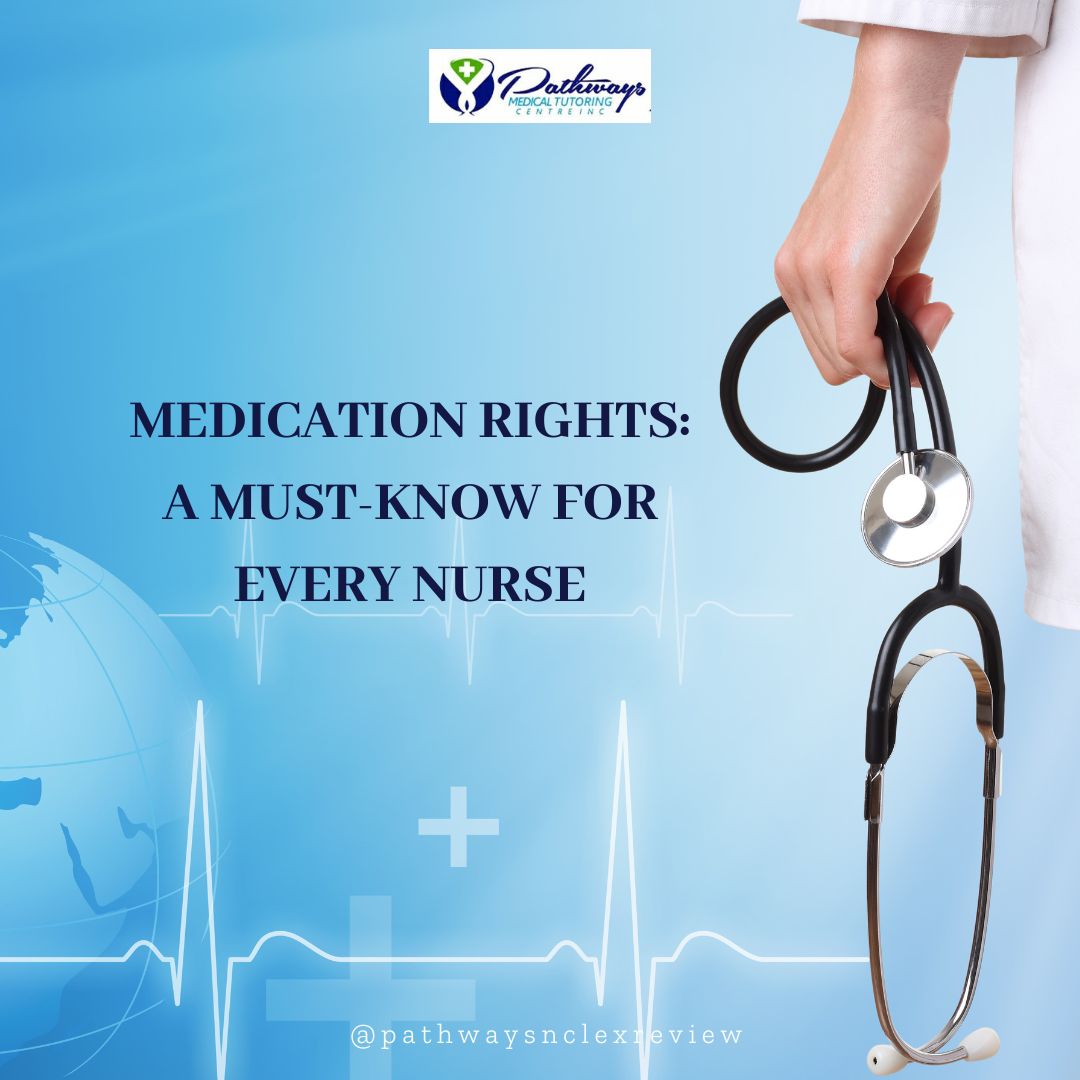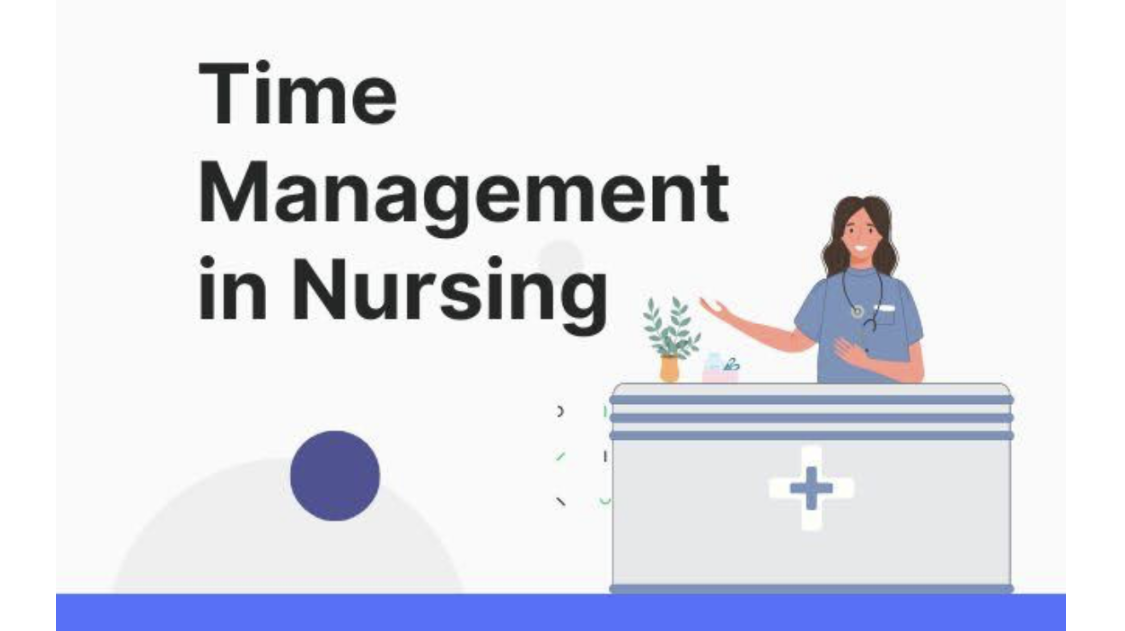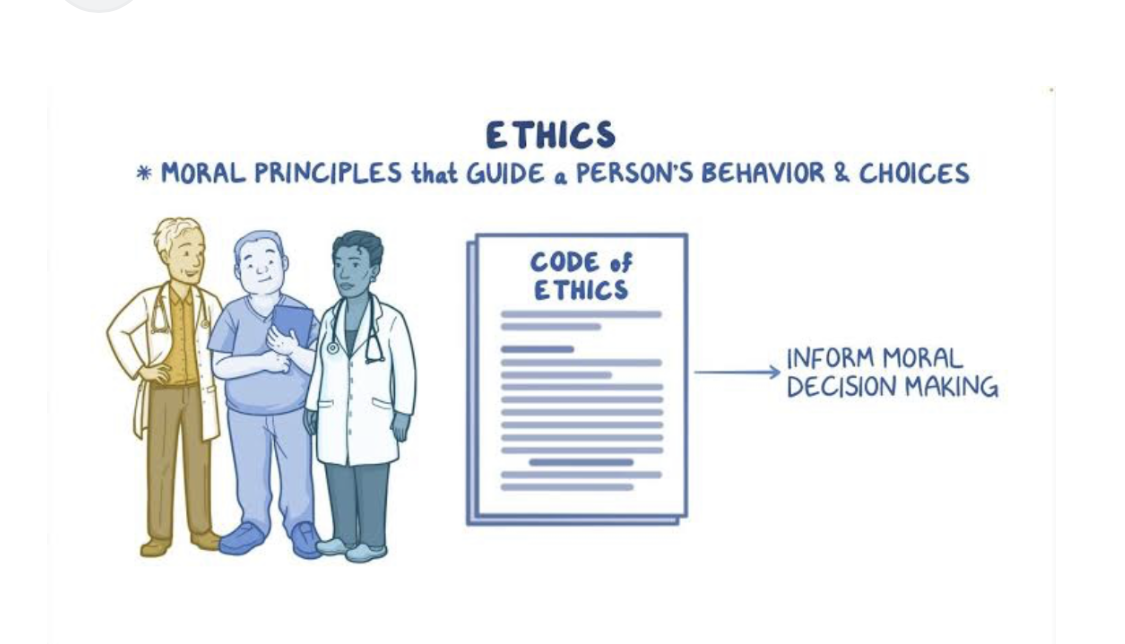The 5 Rights of Medication Administration: A Must-Know for NCLEX Success
Administering medications is a cornerstone of nursing care, and ensuring patient safety begins with mastering the Five Rights of Medication Administration. These principles reduce the risk of errors and protect patients from harm. Let’s break down each one to help you ace this topic for the NCLEX and apply it effectively in practice. 1. Right Patient Before administering any medication, confirm that you’re giving it to the correct patient. Use at least two patient identifiers, such as: NCLEX Tip: Expect questions on how to handle situations where a patient cannot verbally confirm their identity (e.g., pediatric or unconscious patients). Barcode …
TIME MANAGEMENT AND DELEGATION IN CLINICAL PRACTICE
Time management and delegation are critical skills in clinical practice. Nurses and other healthcare professionals often juggle multiple tasks, patients, and priorities in fast-paced environments, making it essential to work efficiently. These skills not only ensure high-quality patient care but also help reduce stress and burnout among clinicians. In this blog post, we will explore the principles of effective time management and delegation in clinical settings, along with practical strategies to enhance these competencies. 1. Understanding Time Management in Clinical Practice Time management in healthcare involves prioritizing tasks, allocating time appropriately, and optimizing workflows to maximize efficiency. Without proper time …
NURSING COMMUNICATION AND DOCUMENTATION ESSENTIALS
Effective communication and accurate documentation are the cornerstones of high-quality nursing practice. These skills not only ensure seamless collaboration among healthcare teams but also safeguard patient safety and meet legal and ethical standards. In this blog, we will explore the critical aspects of nursing communication and documentation, their importance, and best practices to excel in these areas. Why Nursing Communication is Essential Communication in nursing extends beyond exchanging information; it builds trust, facilitates patient-centered care, and minimizes errors. Nurses are the primary link between patients, families, and other healthcare providers. Poor communication can lead to misunderstandings, compromised patient safety, and …
ETHICAL AND LEGAL CONSIDERATIONS IN NURSING PRACTICE.
Nursing is a profession that operates at the intersection of compassion, science, and responsibility. Every nurse must navigate complex ethical and legal frameworks to ensure the delivery of safe, patient-centered care. Whether deciding how to advocate for patients, managing privacy concerns, or adhering to institutional policies, nurses face numerous challenges requiring critical thinking and professional judgment. This blog post will explore the key ethical principles and legal standards in nursing practice, along with practical tips for handling ethical dilemmas. Ethical Principles in Nursing Practice Ethics in nursing provides a moral foundation for decision-making, ensuring that nurses act in the best …







